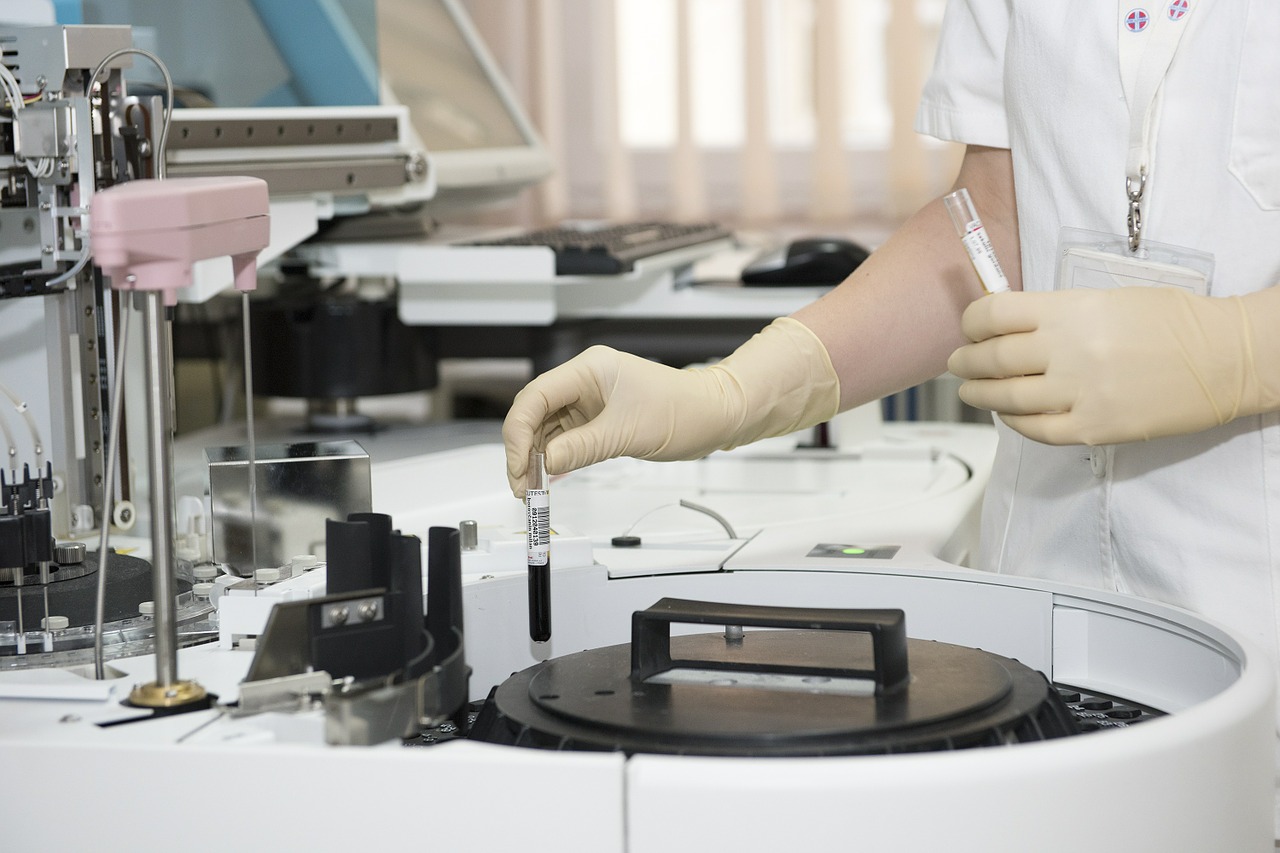A NEW treatment regime is planned to reduce the risk of kidney failure and time spent on dialysis.
Most people with kidney problems will go on to develop fibrosis or scar tissue – typically a precursor to end-stage kidney failure.
Professor Darren Kelly of Melbourne University said that when you damage an organ – say by smoking or drinking to excess – the body tries to protect itself from further abuse by causing fibrosis or scar tissue.
“If you keep doing that injury you are basically hammering it on the head,” he said. Eventually the damage will be irreversible and the organ will fail unless the deterioration can be arrested.
A University of Melbourne spin off, Certa Therapeutics aims to use DNA testing to identify and pre-emptively treat those kidney disease sufferers who will develop fibrosis. This speeds up treatment and makes it more efficient as only those likely to benefit will be treated. Certa has also developed drugs that can prevent the development of fibrosis.
About 1.7 million Australians suffer from chronic kidney disease which is becoming more prevalent as the population ages. Treatment costs about $1 billion each year and 53 Australians die of kidney failure every day. More than 11,000 Australians are living with kidney transplants.
People with kidney failure are treated by dialysis unless and until a suitable donor kidney can be found. Dialysis does what the kidneys can no longer can when they fail.
Two needles are inserted into a patient’s arm to remove blood and return it to the body. The blood passes through a machine that filters the patient’s blood and removes waste products and water that the kidneys of healthy people do on their own.
RPH nephrologist and Curtin University professor of medicine Johan Rosman says more than half the people on dialysis are due to diabetes.
“If fibrosis has begun it is too late to save the kidney. The DNA analysis will find only a few kidneys that can be treated with new drug.
“It is very disappointing to read about medical breakthroughs that look so promising but are blown up. This development will at best help 10 per cent of people with kidney problems.
“It will have only a minor impact on the need for kidney transplants,” he said.
Health Minister, Greg Hunt, said Certa development trials will be support by an investment of $22 million from the Federal Government’s Biomedical Translation Fund.
The money will cover two clinical trials in kidney disease and a trial on another of the organs susceptible to fibrosis – which include the lungs, liver and eyes.
Professor Kelly said precision medicine revolution will save lives and spare patients from dialysis by using Certa’s treatments to block a receptor that is a key driver of the fibrosis.
With its drug advancing to Phase II clinical trials, it could be on the market within five years, transforming personalised care.
“It’s an incredibly exciting time to be working in medical science. The amount of stored genetic material at our fingertips is immense. Access to this genetic data is transforming how we treat diseases,” he said.
“Rather than creating drugs that work for the majority of the population, we can now tailor our treatment based on an understanding of genetic make-up. The implications of this for fighting disease are profound,” he said.



































